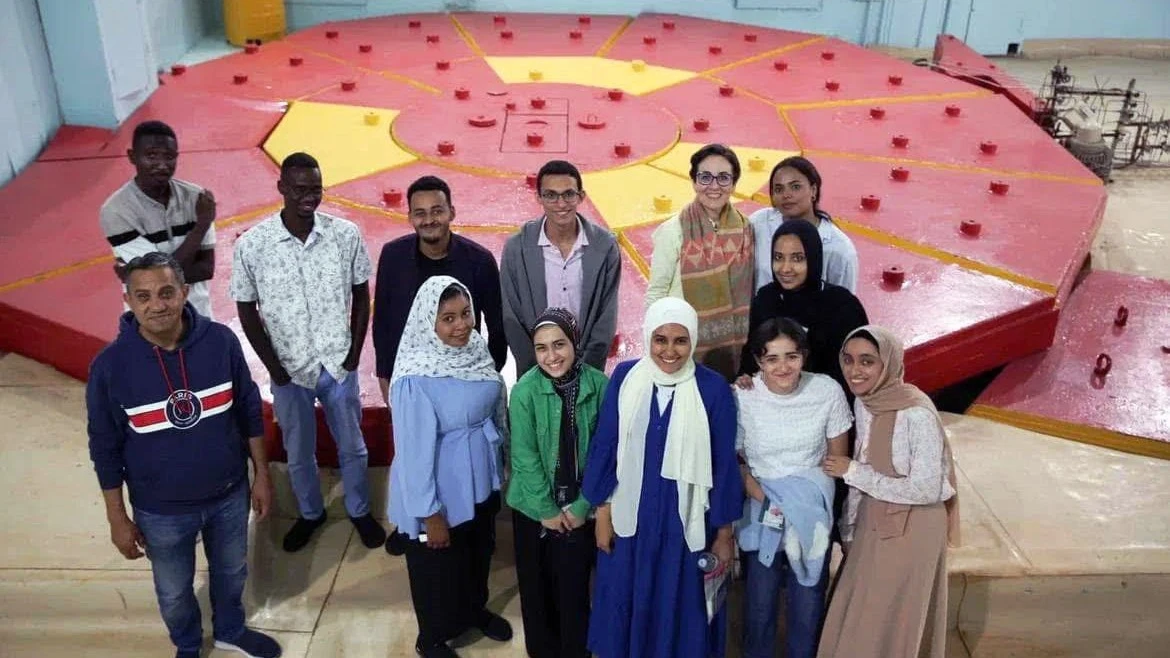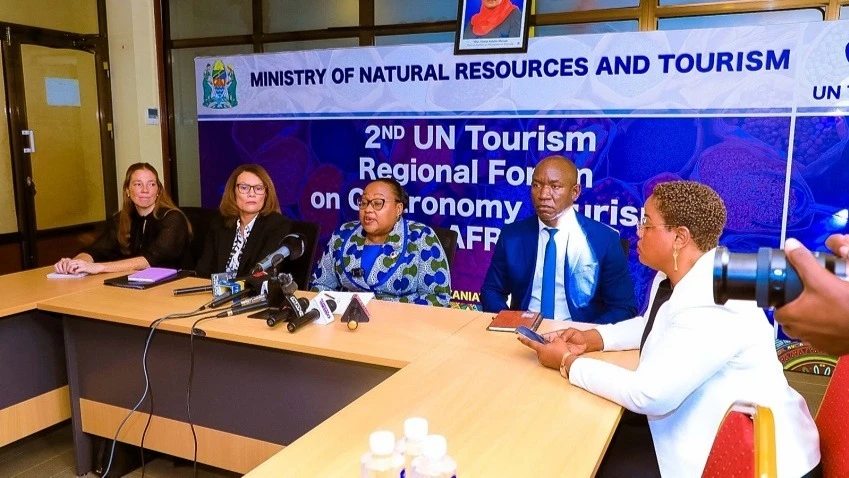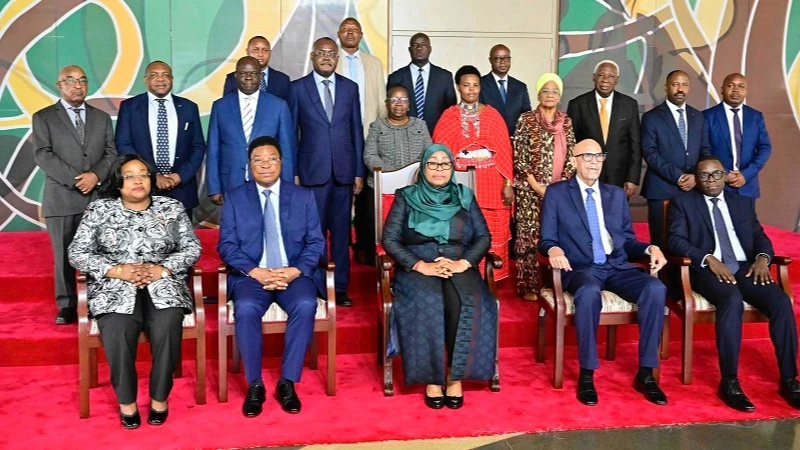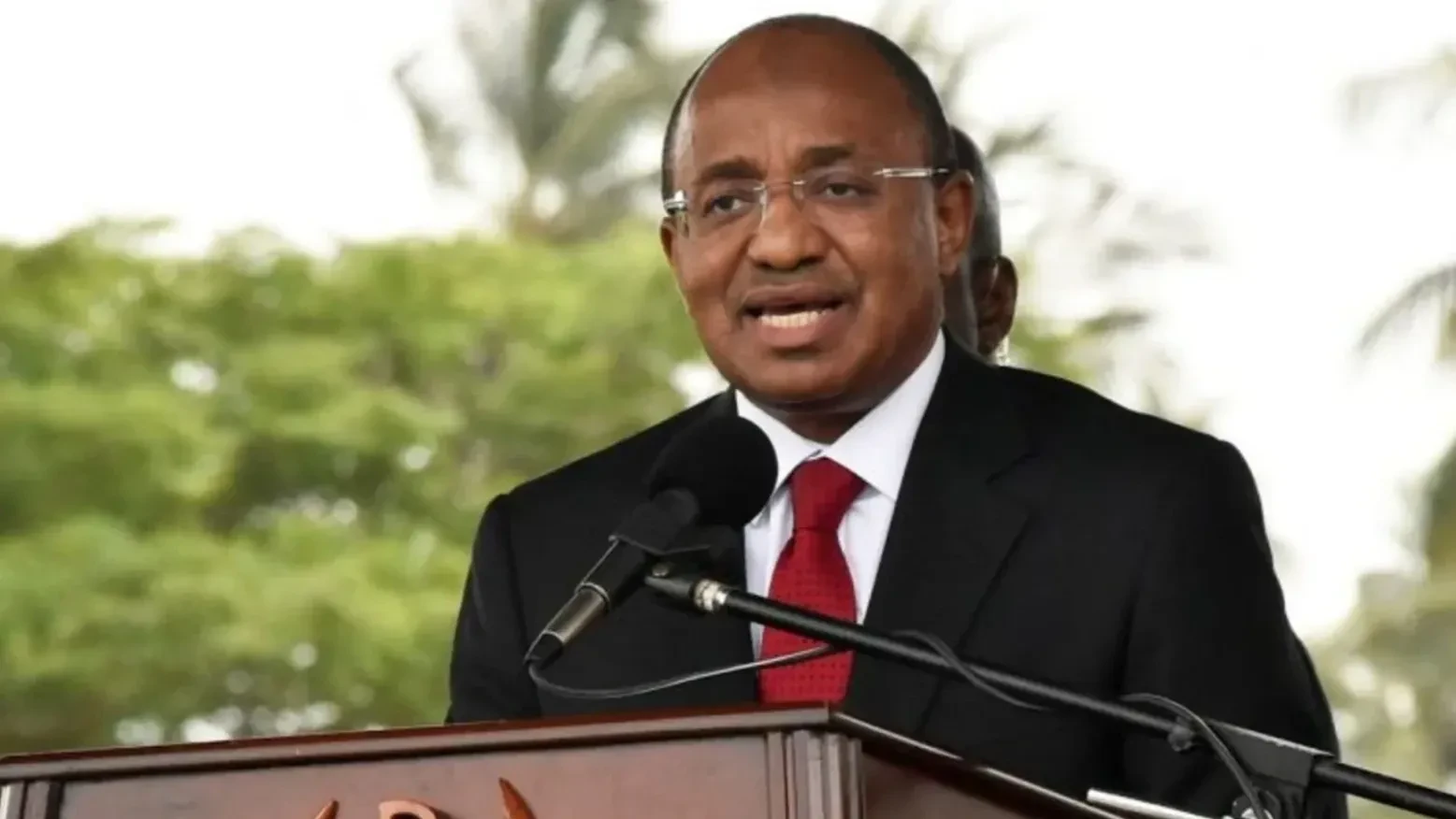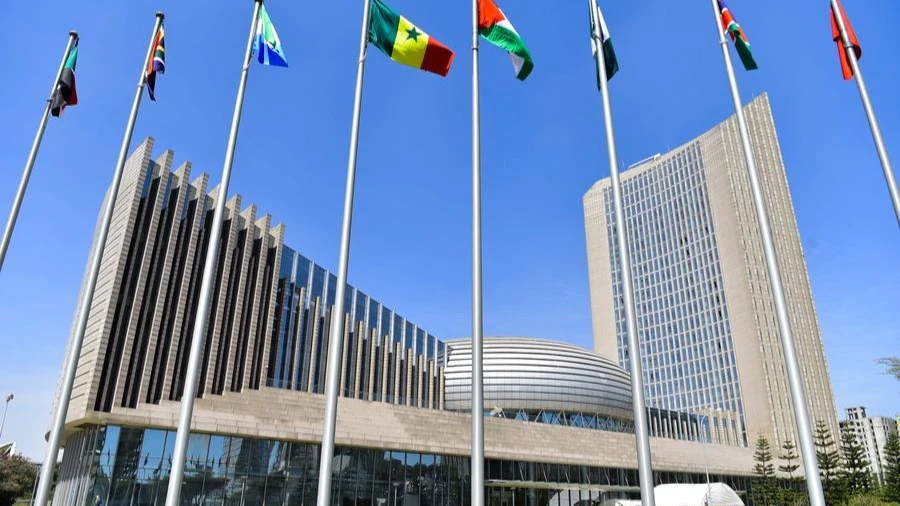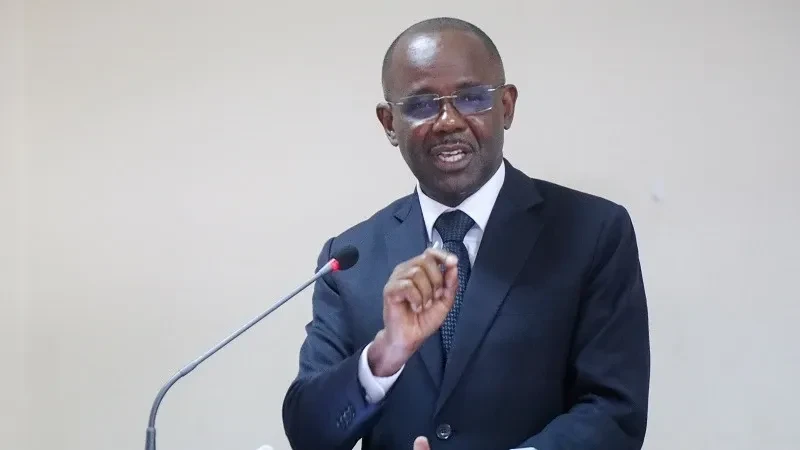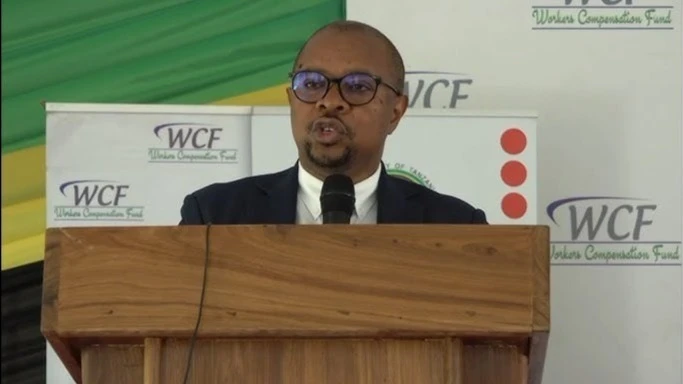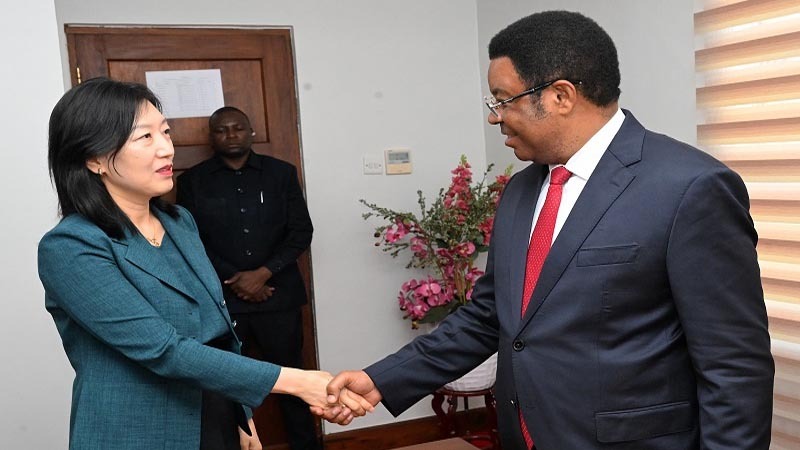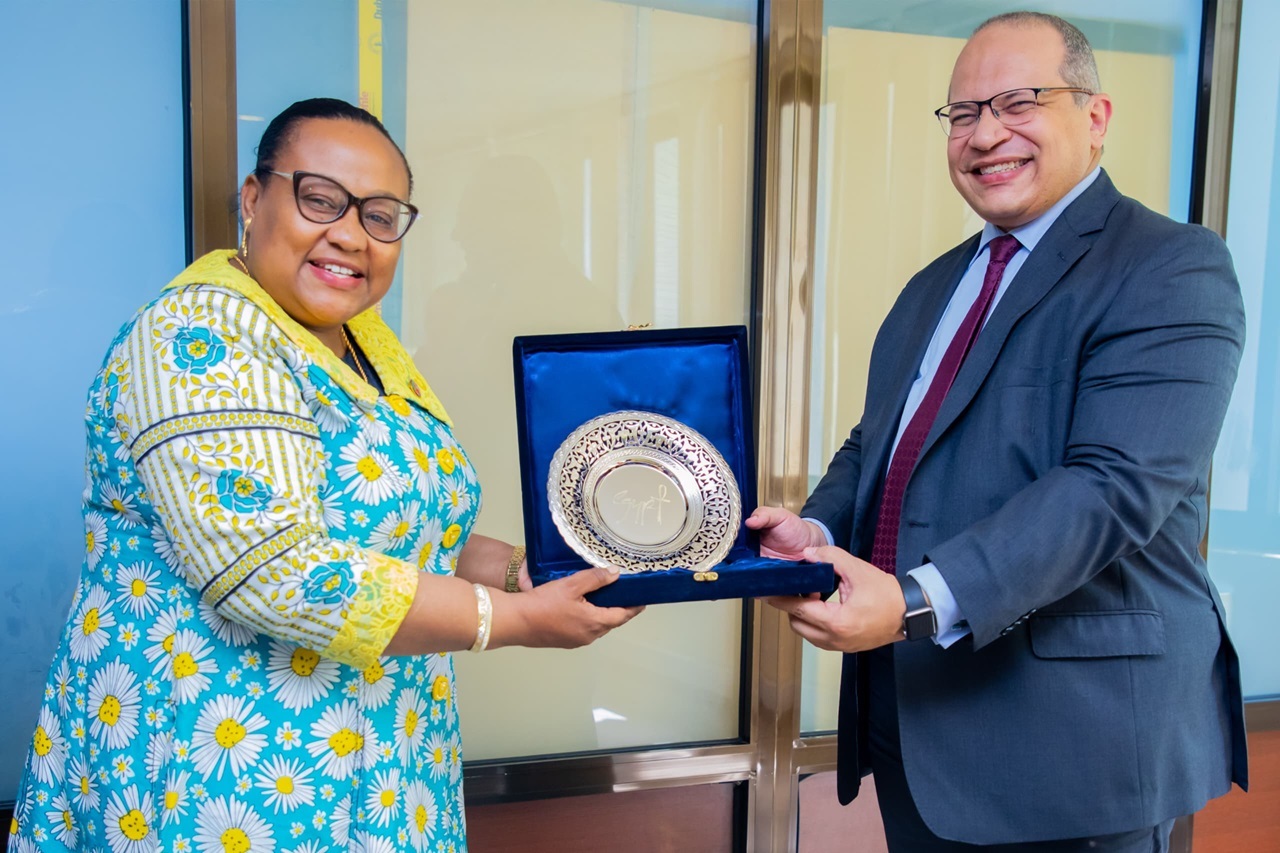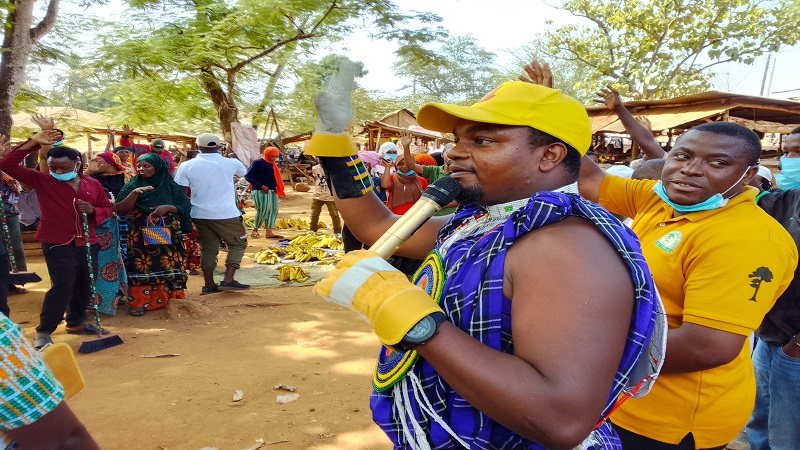Empowering women: A gender lens of Tanzania’s vision 2050
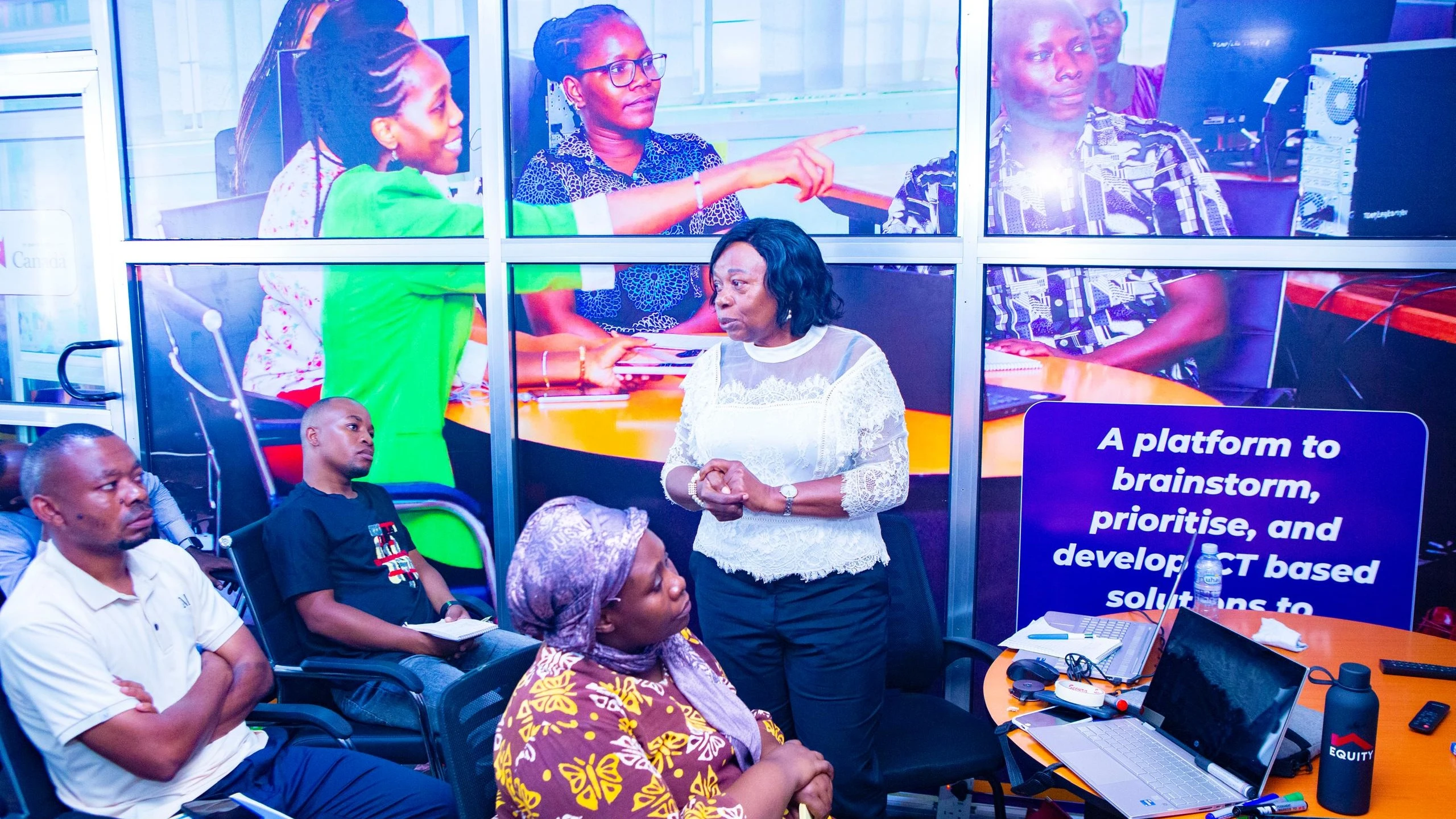
THE Tanzanian Vision 2050 is a strategic framework designed to transform Tanzania into a high-income, inclusive, and sustainable economy by 2050. It prioritizes human capital development, equality, and empowerment across critical sectors, including education, health, and gender equity.
June last year, the Women Fund Tanzania Trust (WFTT), in collaboration with the Tanzania Gender Networking Programme (TGNP) and WildAF, organized a national convening to raise awareness about the drafting process of Vision 2050 and to collect women's perspectives for incorporation into the new National Development Vision.
Participants advocated for a gender-sensitive Vision 2050, derived from substantial participation of both women and men, to ensure that the nation's progress includes all its citizens.
Reflecting on the 1995 Beijing Conference, where the global community united to empower women and girls through the Beijing Declaration and Platform for Action, Vision 2050 advances its goals by promoting girls’ education—especially in science, technology, engineering, and mathematics (STEM)—eliminating harmful practices like child marriage, and improving health and reproductive care.
Additionally, it strengthens protections against gender-based violence (GBV) to foster an inclusive society where girls can thrive and contribute to national development.
Gender stakeholders have widely praised Vision 2050 as a progressive framework that endorses gender equality principles. This roadmap underscores the importance of inclusivity in shaping sustainable development and reaffirms the commitment to equitable opportunities for all.
The United Nations Population Fund (UNFPA) has highlighted the potential of Vision 2050 to capitalize on Tanzania's youthful population and create a gender dividend by prioritizing, investing in and protecting human capital.
This approach is seen as critical to rebuilding a high-productivity, inclusive, and more resilient economy.
International gender specialist and consultant Leticia Mukurasi noted that Vision 2050 shows significant progress by incorporating aspects that stakeholders have been advocating for over years, despite advancements in Vision 2025.
Speaking during a Tanzania Gender Networking Programme (TGNP) media orientation session, she highlighted the Vision’s early acknowledgment of gender equality, which contrasts with its later placement in the 2025 Vision.
“In education, progress is evident. Maternal mortality has dropped from 602 to 104 per 100,000 live births, and more girls now attend school compared to the past when early marriages were prevalent,” Mukurasi remarked.
“I remember when I was young, many girls did not go to school or make it to higher education institutions," she noted.
She criticized Vision 2050 for lacking statistical data, emphasizing the need for detailed analysis as the population is projected to double to 149 million.
The Vision 20250 falls short in providing statistics to show how things have changed over time. In other words, it does not effectively utilise statistical analysis and evaluation, said Mukurasi.
TGNP Executive Director Lilian Liundi highlighted milestones achieved in women’s leadership and parliamentary representation since the Beijing Conference. She noted, “The Beijing Conference aligns closely with Vision 2050, as reflected in the improved number of women holding parliamentary seats.”
Despite this, university students have identified shortcomings in Vision 2050’s first draft concerning youth economic empowerment. During a TGNP workshop in Dar es Salaam last December, students from various universities discussed gaps in inclusive economic development, gender, and social issues while contributing to preparations for the Beijing Conference’s 30th anniversary.
Flora Ndaba, TGNP’s Acting Head of Activism and Movement Building, explained that the workshop aimed to gather student perspectives for the Vision’s second draft and reflect on achievements and challenges since the Beijing Conference.
Scheduled for March 2025 at United Nations Headquarters in New York, the anniversary will bring stakeholders from 189 member states to advance gender equality initiatives. The 30th anniversary will be celebrated during the sixty-ninth session of the Commission on the Status of Women (CSW69).
CSW69 will focus on reviewing and appraising the implementation of the Beijing Declaration and Platform for Action, as well as the outcomes of the 23rd special session of the General Assembly. The review will assess current challenges affecting the implementation of the Platform for Action and the achievement of gender equality and the empowerment of women, contributing towards the full realization of the 2030 Agenda for Sustainable Development.
The significant anniversary will provide an opportunity to reinvigorate political commitment to advancing gender equality and the empowerment of women and girls worldwide.
Ndaba also emphasized the importance of sensitizing students to the Generation Equality Forum, which focuses on women’s economic empowerment.
Over 40 students from institutions such as Augustine University of Tanzania (SAUT), University of Dodoma (UDOM), Mzumbe University, Sokoine University of Agriculture (SUA) Tanzania Institute of Accountancy (TIA), University of Dar es Salaam (UDSM) ), Tumaini University, Ardhi University, NIT and Tengeru Institute of Community Development and others participated, addressing economic, gender, and technological issues absent from Vision 2050’s first draft.
Students shared diverse perspectives. Julieth Msofe from Kigamboni Mwalimu Julius Nyerere Memorial Academy called for greater emphasis on protecting national resources and combating corruption.
Tengeru Institute’s Dady Thomas urged the inclusion of mental health strategies, noting its growing societal impact. Similarly, Ruth Mkanza from DIT stressed the need for climate change mitigation plans, arguing that Vision 2050 should integrate development strategies with climate resilience.
Top Headlines
© 2025 IPPMEDIA.COM. ALL RIGHTS RESERVED












